Top 10 Best Islamic Scholars In The World

In the contemporary landscape, Islamic scholars serve as eminent religious authorities whose writings and proclamations hold significant sway within their respective communities. They represent a diverse array of expertise that spans the spectrum of Islamic thought. This article aims to provide a detailed exploration of the top 10 Islamic scholars worldwide in 2023.
Islamic Scholars In The World 2024
- Yusuf Estes
- Khalid Yasin
- Ismail ibn Musa Menk
- Nouman Ali Khan
- Bilal Philips
- Amina Wadud
- Ingrid Mattson
- Abdullah bin Bayyah
- Reza Aslan
- Hamza Yusuf
1. Yusuf Estes
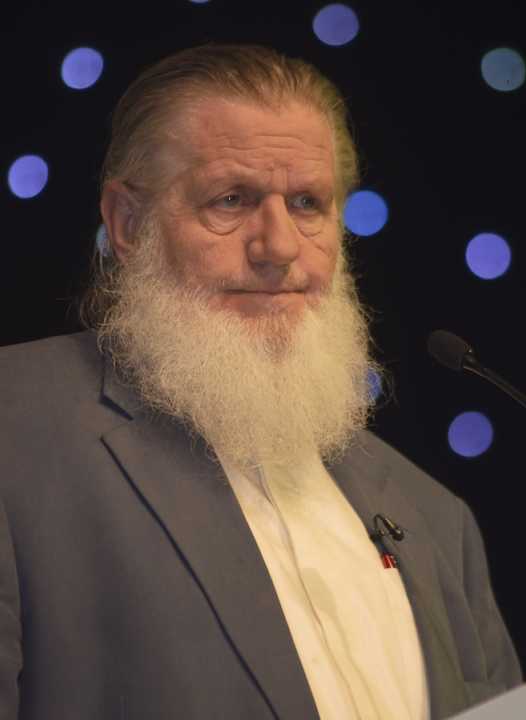
Yusuf Estes, a distinguished American Islamic preacher hailing from Texas, holds the fifth position among global Islamic scholars. His remarkable journey began with his conversion to Islam in 1991, followed by a dedicated service as a Muslim chaplain for the United States Bureau of Prisons during the 1990s. Notably, Estes was a delegate at the United Nations World Peace Conference for Religious Leaders in September 2000. His impactful presence as a guest presenter and keynote speaker at various Islamic events has left an indelible mark.
Estes is also the visionary founder of Guide US TV, a dynamic platform that leverages the reach of the internet and satellite broadcasting to disseminate Islamic programs. His influence was underscored by his inclusion in the esteemed list of the top 500 most influential Muslims in 2010. It's worth noting, however, that in November 2017, his entry into Singapore was denied due to expressed views that were perceived as incongruent with the nation’s values of social harmony in its diverse society.
2. Khalid Yasin
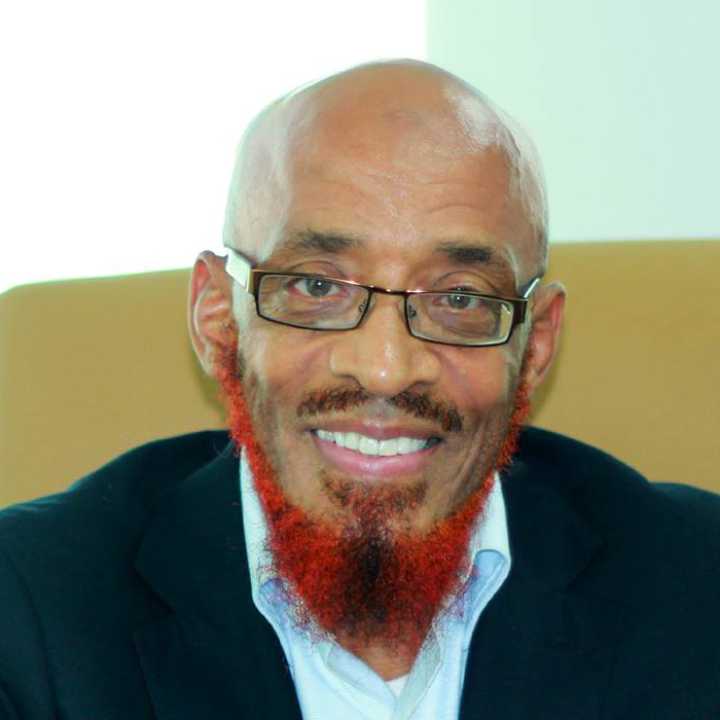
Born in 1946, Khalid Yasin, an American Islamic preacher based in Manchester, England, embodies a unique blend of dedication and charisma in spreading the tenets of Islam. Describing himself as a media bedouin, Yasin embarked on his transformative journey of embracing Islam in 1965. Notably, he led the Jammat Ita’hadul Iqwa on Eastern Parkway in Brooklyn, exemplifying his commitment to community-building.
Yasin’s discourse has been both lauded and critiqued, particularly in Australia where he was described as a charismatic preacher with provocative viewpoints. However, the Oman Tribune sees him as a sagacious scholar adept at dispelling misconceptions surrounding Islam. Beyond his scholarly pursuits, Yasin finds solace in a range of activities, including horseback riding, swimming, boxing, and avid reading. Furthermore, he undertakes the profound spiritual journey of Umrah or Hajj every two years, in addition to observing the five daily prayers.
READ ALSO » Top 10 Most Powerful Islamic Countries In The World
His efforts extend beyond personal practices as he has been instrumental in operating various dawah organizations, including the Islamic Broadcasting Corporation Ltd., until its dissolution in 2010.
3. Ismail ibn Musa Menk
Mufti Ismail ibn Musa Menk, a luminary in the Islamic world, stands as the Grand Mufti of Zimbabwe's Muslim community, representing approximately 1% of the nation’s population. Additionally, he spearheads the fatwa department for the Council of Islamic Scholars of Zimbabwe. His stature as one of the 500 Most Influential Muslims, as recognized by the Royal Aal al-Bayt Institute for Islamic Thought in Jordan in 2013, 2014, and 2017, exemplifies the global impact of his work.
Mufti Menk’s heritage traces back to Gujarati Indian parents from the Bharuchi Vohra Patel community, a lineage that has profoundly shaped his linguistic proficiency in Gujarati and Urdu. His initial foray into the Quran and Arabic commenced under the tutelage of his father, Maulana Musa Ibrahim Menk.
4. Nouman Ali Khan

Nouman Ali Khan, a Pakistani-American luminary in the Islamic realm, holds the esteemed second position among global Islamic scholars. His profound influence is most notably manifested through the establishment of the Bayyinah Institute for Arabic and Qur’anic Studies, an institution dedicated to the study of these crucial aspects of Islamic knowledge. Khan's journey commenced on May 4, 1978, in Germany, where he was born to a Pakistani family. His formative years were spent in East Berlin, followed by a move to Riyadh, Saudi Arabia, where he attended the Pakistan Embassy school from grades 2 to 8.
Khan's family later relocated to New York, where he would embark on his path to becoming a distinguished Islamic scholar. His contributions have been acknowledged globally, earning him a place among the 500 most influential Muslims worldwide, an accolade bestowed by the Royal Islamic Strategic Studies Centre of Jordan.
5. Bilal Philips
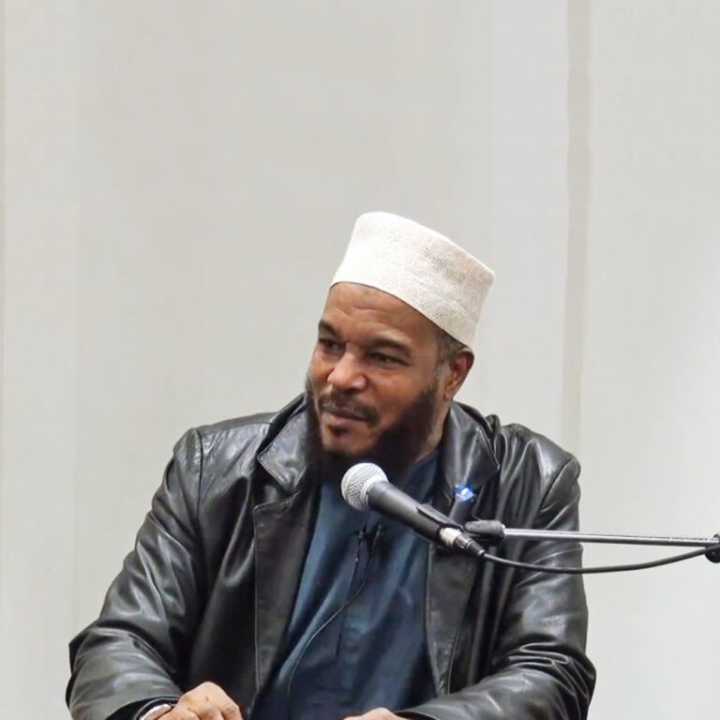
The preeminent Islamic scholar of our time, Abu Ameenah Bilal Philips, stands as a paragon of Islamic knowledge and scholarship. Born as Dennis Bradley Philips on July 17, 1947, in Kingston, Jamaica, he now represents Canadian Islamic teaching, speaking, and authoring. His legacy extends to the founding of the International Open University, an institution that has become a bastion of Islamic education, with its base of operations situated in Qatar.
Philips’ intellectual prowess is manifested in his extensive body of work, encompassing the authorship, translation, and commentary on over fifty pivotal Islamic texts. His reach further extends to various national and satellite television channels, including Saudi TV, Sharjah TV, Ajman TV, Islam Channel, Huda TV, and Peace TV.
READ ALSO » Top 10 Best Female CEO'S In The World
Raised in a Christian household in Kingston, Jamaica, Philips’ transformative journey towards Islam reflects the profundity of his spiritual quest. This journey ultimately led to his ten-year tenure as an Islamic studies instructor at Manarat al-Riyadh School in Riyadh. Additionally, he served as a teacher of Arabic and Islamic studies at the American University of Dubai for a decade.
Philips’ impact reverberates globally, as he imparts wisdom through lectures at Ajman University in the United Arab Emirates. In 2002, he laid the foundation for an Islamic Studies department at Preston University in Ajman. His commitment to education culminated in the establishment of the Islamic Studies Academy in Qatar in 2007.
During the First Gulf War, Philips played a pivotal role in organizing Islamic religious revival meetings for U.S. troops stationed in Dammam, Saudi Arabia. This effort reportedly led to over three thousand soldiers embracing Islam. Some of these military personnel would later volunteer as trainers during the Bosnian War from 1992 to 1995, a testament to the enduring impact of Philips’ teachings.
Furthermore, Philips contributed significantly to the establishment and curriculum development of the Islamic Information Center in Dubai, which operated under the auspices of the Dar al Ber Society. He also served as an Islamic consultant and lecturer for the Islamic Information wing of Sheikh Eid Charity in Qatar.
6. Amina Wadud
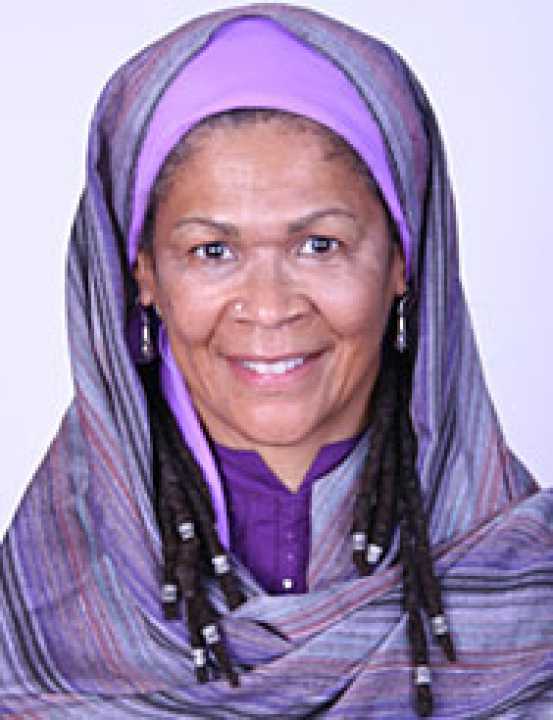
Amina Wadud, a trailblazing American scholar, is an esteemed figure in the realm of Islamic feminism. Her scholarly pursuits have focused on reinterpreting Islamic texts to advocate for gender equality within the framework of Islamic jurisprudence. Wadud's groundbreaking work has sparked critical discourse and empowered women within Muslim communities around the world. Her dedication to the intersection of faith and gender issues continues to shape the evolving narrative of Islam in the 21st century.
7. Ingrid Mattson
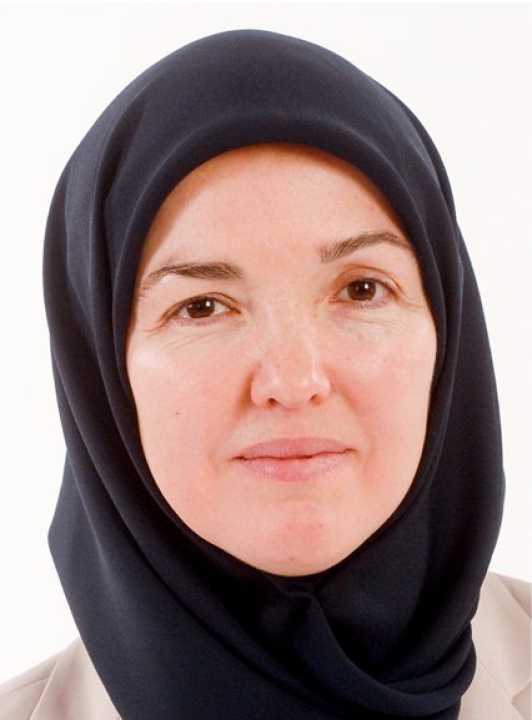
Ingrid Mattson, a distinguished Canadian scholar, has made indelible contributions to interfaith dialogue. Serving as the former president of the Islamic Society of North America, she has been at the forefront of fostering understanding and cooperation between diverse religious communities. Mattson's commitment to building bridges of mutual respect and appreciation has been instrumental in promoting harmony in our globalized world.
8. Abdullah bin Bayyah
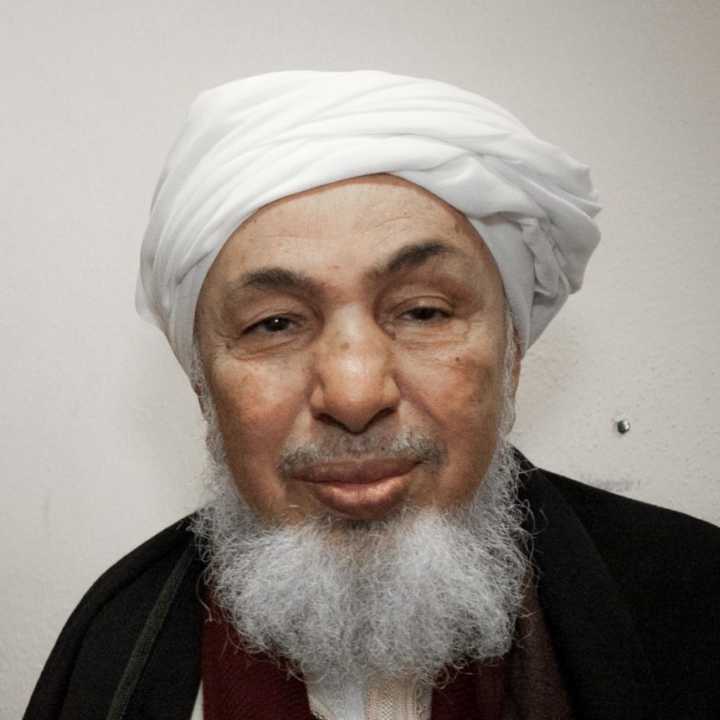
Abdullah bin Bayyah, a Mauritanian luminary in Islamic jurisprudence, is a powerful advocate for peace in Muslim societies. His extensive knowledge and wisdom have positioned him as the President of the Forum for Promoting Peace in Muslim Societies. Bin Bayyah's tireless efforts in promoting dialogue and understanding have had a profound impact in advancing peace within the diverse tapestry of Muslim communities worldwide.
9. Reza Aslan
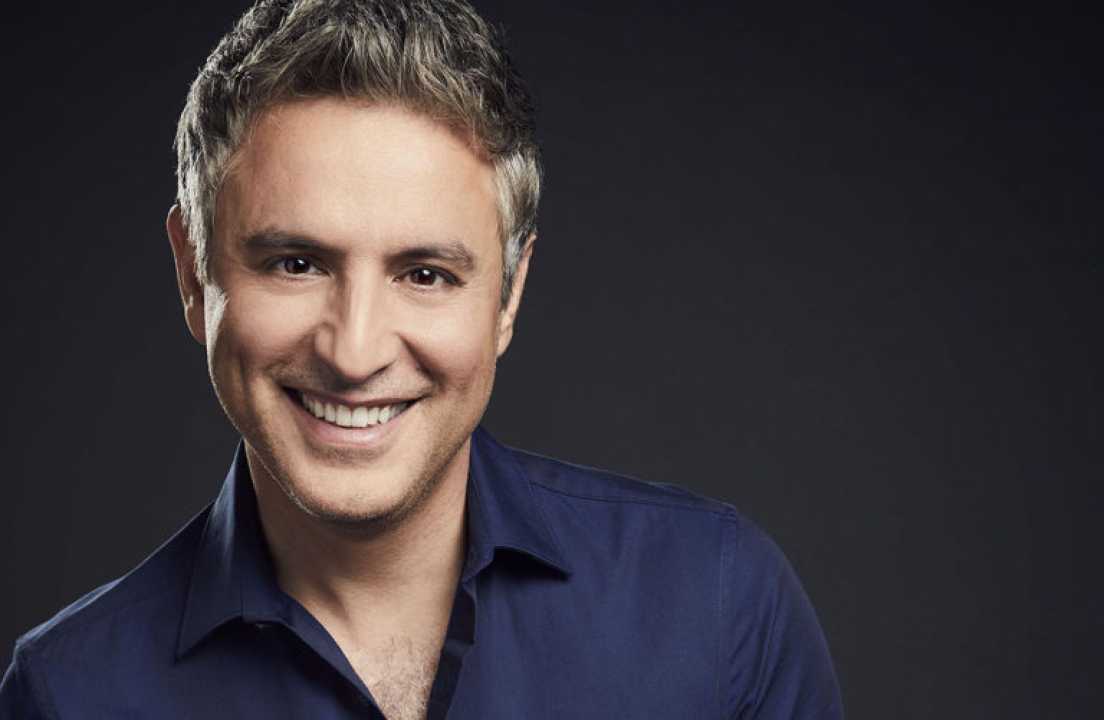
Reza Aslan, an Iranian-American scholar and writer, has dedicated his career to exploring the intricacies of religion. His extensive body of work delves into the nuances of faith, providing readers with valuable insights into the diverse religious traditions that shape our world. Aslan's contributions serve as a bridge for those seeking a deeper understanding of the spiritual landscape in an era of increasing interconnectivity.
10. Hamza Yusuf
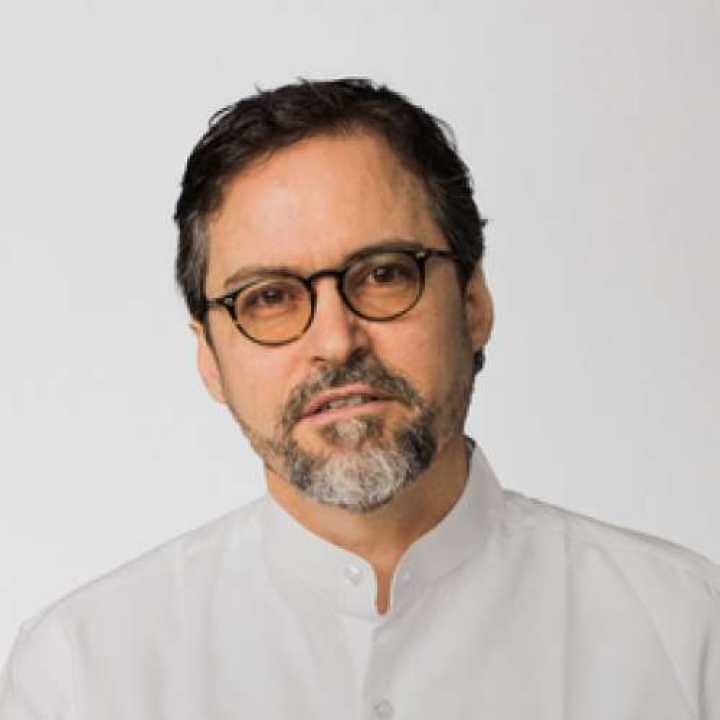
READ ALSO » Top 10 Best Space Agencies In The World
Hamza Yusuf, an American Islamic scholar of Greek and American descent, is celebrated for his efforts in bridging the gap between Eastern and Western perspectives on Islam. As the co-founder of Zaytuna College, the first accredited Muslim liberal arts college in the United States, Yusuf has created a space for the rigorous study of Islamic tradition within the context of Western academia. His work stands as a testament to the potential for harmonious coexistence between Islamic values and the broader global community.
In conclusion, these top 10 Islamic scholars of 2023 represent a rich tapestry of knowledge, dedication, and global influence. Their contributions transcend borders and cultures, enriching the understanding and practice of Islam for Muslims and enthusiasts worldwide.
